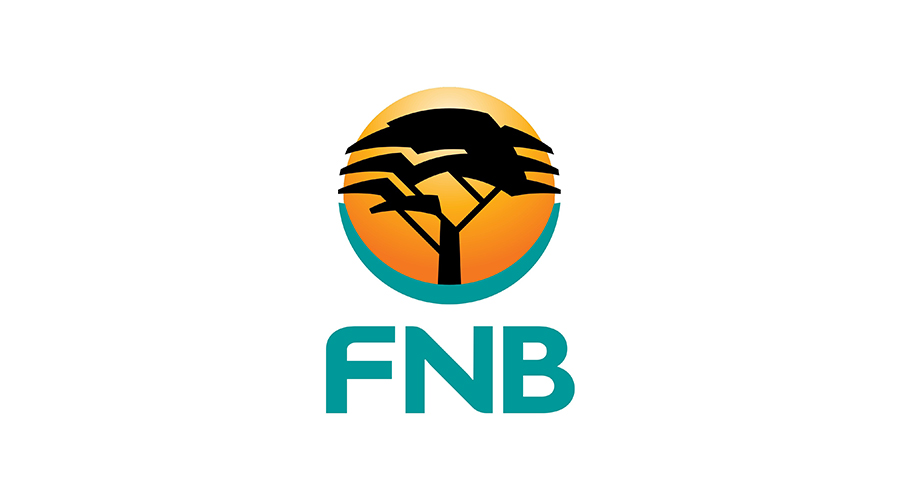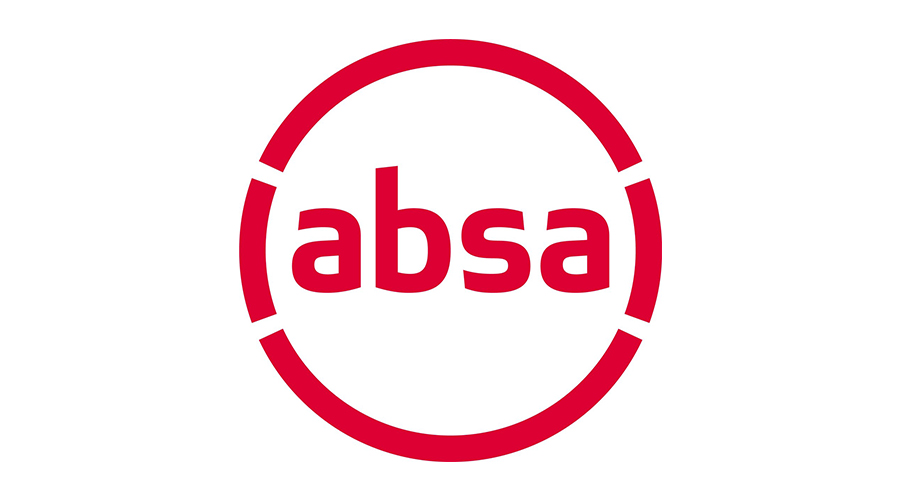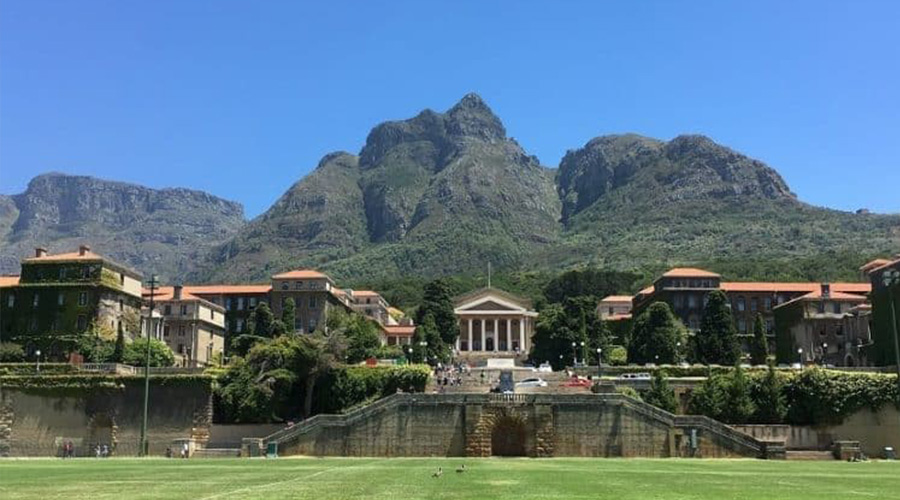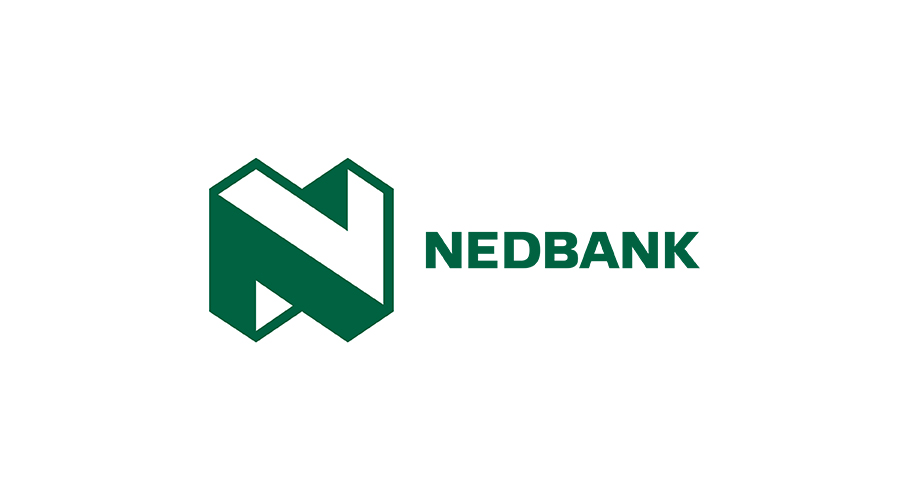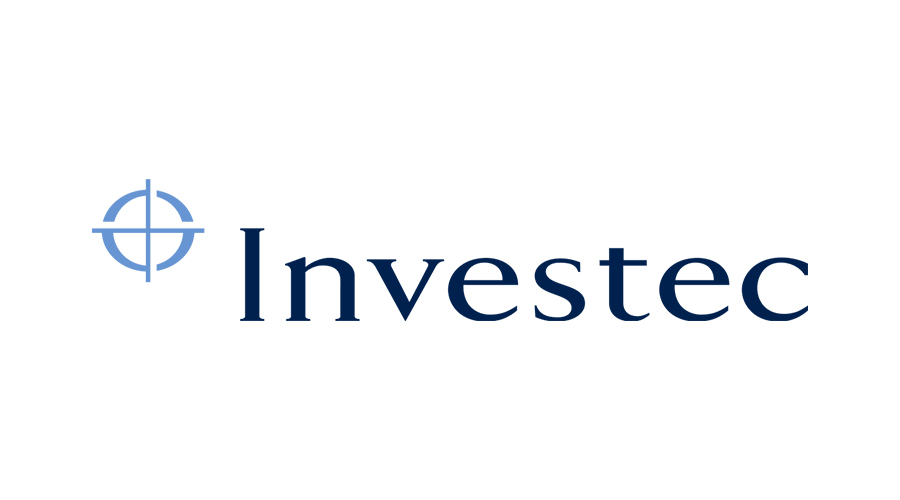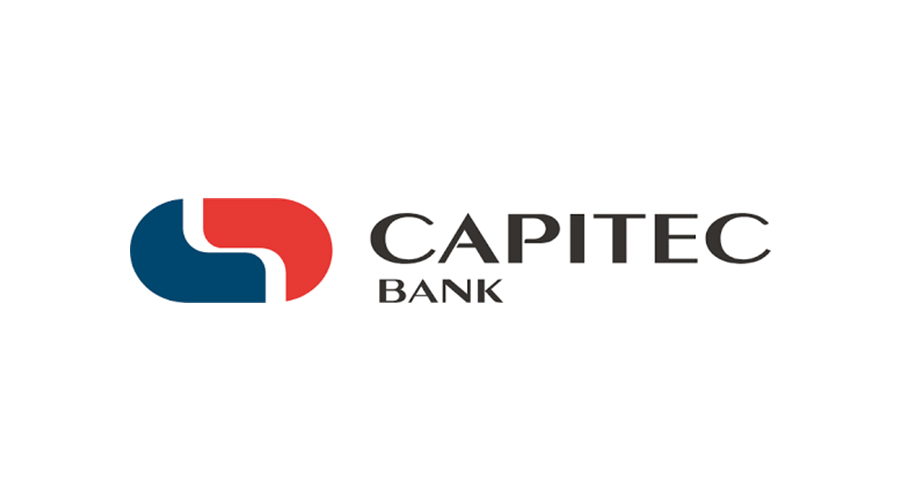Being a student is one of the most exciting times of your life, but also one of the most financially challenging. You have to figure out how you finance your studies and living costs during your studies – whether it is with help from parents, a bursary, scholarship or loan. You also have decide where to keep your money and how to manage your income and expenses. Some of the expenses to consider include tuition, books, student accommodation, and food.
Our comprehensive guide will help you navigate the options that each of the major South African banks offer in terms of funding your studies and managing your money as a student.

Types of Funding For Students
Scholarships, bursaries, loans, and financial aid what are the differences? Before we go further let’s have a look at some important definitions to demystify the terminologies used.
What is a bursary
A Bursary is a sum of money that is awarded to enable someone to study at a university or a college. Often given by companies and governments the bursary can be used to cover tuition and if applicable, other study related expenses such as books, equipment, student accommodation, and meals. A bursary is usually given with a work-back or training program that the recipient must complete after finishing their studies.
What is a scholarship
A scholarship is a sum of money that is awarded to scholars based on outstanding academic achievements, or because they have met all requirements of the sponsor of the scholarship. Scholarships are typically awarded as Full scholarships which cover all tuition and textbook fees (as well as a potential stipend for student accommodation and living) or partial scholarships which are smaller amounts that must go towards your studies.
What is financial aid?
What is a student loan
A student loan is a sum of money that you can apply for through your bank to fund your studies. The loan can be used to pay for all study related expenses such as tuition, books, equipment, student accommodation, and meals. Loans are tyically paid back during/after you finish studying and have favourable interest rates, fees, and repayment schedules compared to others types of loans.
Now that you know a little bit about different types of funding for students, let’s have a look at the offerings available from some of the major banks for students.
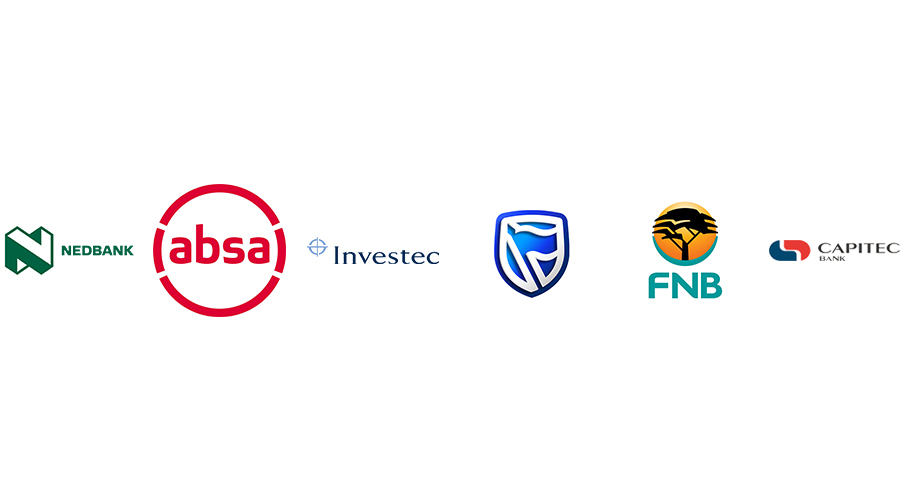
FNB
FNBy – Student Bank Account
The FNB Youth account is a transcational banking account (it doesn’t earn interest) designed for students under the age of 25.
FNB is one of the most popular banks with the youth, due to their versatile and highly functional mobile app that can help you take care of everything from debit orders, to paying a friend right next to you using GEOPay.
The FNB Youth account provides a lot of options for students looking to save, and a low monthly fee to sweeten the deal.
What’s included in the monthly fee?
R10 p/m
- Free online banking (unlimited internal (FNB to FNB) debit orders, electronic payments & transfers)
- Free FNB Banking App subscriptions
- Unlimited card swipes
- Access to a library of educational videos
Qualifying Criteria
- Be a South African citizen
- Must be younger than 25 years of age
- Parents must be registered for online banking with FNB

Student Loans From FNB
What’s covered?
- Tuition fees
- Textbooks and other study materials
- Equipment and devices
- Student accommodation
Benefits
- Get a personalised interest rate
- A variety of loan options (R4 000 – R80 000 per year)
- Option to only pay interest, fees and charges during your studies and start repaying interest, fees, charges and capital once you’ve finished your studies
- Credit life insurance
- Your EBucks rewards level can increase
How to apply:
Visit your nearest FNB branch or request a call-back on their website.
Bursaries From FNB
FNB also offers student bursaries with the intent to further the economic growth of South African’s by funding the education of great students and minds. These bursaries focus on students partaking in commerce and science degrees that are enrolled at recognized South African universities. The program does not involve “work-back” or “pay-back” condition and includes a mentorship and support program for recipent students.
FNB also partners with a variety of institutions to develop leaders for different areas in the South African working landscape.
Visit their bursary page to find out more about the bursaries FNB can offer you.
ABSA
ABSA Student Account
The ABSA student silver account comes in with a slightly higher monthly fee of R26.00 p/m. The banking bundle offered, however, is slightly different from some of the other options out there for youth.
What’s included in the monthly fee?
R26 p/m
- Unlimited Absa Online, mobile & telephonic banking
- Unlimited NotifyMe SMS and email notifications
- Mailed or eStatements
- Unlimited card swipes, cash withdrawals, balance enquiries, mini-statements, cash deposits, internal electronic fund transfers, and cash send withdrawals at Absa atms
- Discounts on flights with Rewards Lite
The ABSA student account also comes with some added extras every month if you complete at least five debit or credit banking transactions per month:
- A food voucher which can be redeemed at McDonald’s, Debonairs, Steers (online) or Nando’s
- A R150 travel voucher
- 30% discount on membership at selected gyms
- 100mb of data every month.
You can access your benefits online from the student benefits page or by dialling *120*3475# from your cell phone.
Qualifying criteria
- Must be 18-27 years of age
- Must be a full time student studying towards an undergraduate, postgraduate, or a qualification with the duration of at least 1 year
- Valid South African ID or passport
- Proof of residence that is not older than 3 months (usually information from applying and registering at a tertiary institution can be used to fit this requirement)
ABSA Student Loans
What’s covered?
- Prescribed text books
- Tuition fees including your registration
- Student Accommodation (Only full time students not living with family)
- Computer equipment required for your studies
Benefits
- Competitive and low interest rates (ABSA will even match a lower interest rate if you are offered it elsewhere, just have a look at their T&C’s beforehand)
- Only pay interest for the first year on your loan – from the 13th month forward, you’ll start repayments for the capital amount you were loaned
- Option to only pay interest, fees and charges during your studies and start repaying interest, fees, charges and capital once you’ve finished your studies
How to apply:
Visit your nearest ABSA branch or give them a call (more details available on their website).
Bursaries From ABSA
ABSA provides annual bursaries for South African students studying courses at recognised South African universities in the following disciplines:
- Computer Science
- Information Technology
- Statistics
- Risk Management
- Mathewmatics
- Industrial Engineering
You also need to have a minimum overall average of 75%.
ABSA student bursaries cover the following student expenses:
- Registration & tuition fees
- University accommodation fees
- Textbooks and laptop
- Meal and transport allowance
The bursary also supports recipients with a wide range of counselling services, a buddy system, and workplace exposure via structured vacation work and soft skills training.
Apply online with leap.ly.
Nedbank
Unlocked.me
Nedbank’s student account offering, Unlocked.me, flaunts ZERO monthly fees, and caters for youths – specifically individuals between the ages of 16 and 26.
What’s included in the monthly fee?
Price: R0
- Free card swipes, cash deposits (up to R3000), and Nedbank to Nedbank debit orders & stop orders
- One free included external debit order
- ZERO data usage using the Nedbank Money app
- Free balance enquiries & inter-account transfers on the Money app and all other self service platforms
- Online functionality: make online purchases with your card
- MyPocket: A free budgeting & savings pocket that can be linked to your main account
You also have access to added rewards each month (if you make five qualifying transactions ) with the unlocked.me platform:
- 100mb data (must have post paid contract that allows for top ups)
- R30 voucher redeemable at Burger King, Nandos, or Debonairs
- R20 Bolt voucher available to customers 18 years and older
- 2-for-1 Nu Metro Popcorn & 2-for-1 Nu Metro Movie Ticket
Qualifying Criteria
- Must be 16-26 years of age
- Non residents apply at an additional fee
- South African identity document, smart identity card or passport with a valid study permit
- Must be a full time student studying towards an undergraduate, postgraduate, or a qualification with the duration of at least 1 year
- Valid South African ID or passport
- Proof of residence that is not older than 3 months (usually information from applying and registering at a tertiary institution can be used to fit this requirement)
Student Loans From Nedbank
What’s Covered?
- Tuition fees
- Textbooks and other study related expenses
- On campus accommodation
Benefits
- “A great interest rate” & flexible repayment options
- The option to only pay interest on your loan until you’ve completed your studies
- Optional credit life cover
* Note: Part-time students will need to make interest and capital repayments during the course of their studies
If you’re a full time student, you’ll need a guarantor to help pay your monthly interest and any additional charges
How to apply:
You will need to apply in person (with your guarantor) at your nearest Nedbank branch. Your guarantor will need to have their main transactional account with Nedbank. Find out more about required documents and how to apply on their website.
Bursaries From Nedbank
Nedbank offers financially needy South African students bursaries to assist budding undergraduate students in achieving their career ambitions. You will need to have a good academic record with an average of at least 65 % and have taken mathematics as a subject in high school (mathematical literacy will not be accepted).
The bursaries form part of their CSI (Corporate Social Initiative) and do not need to be repaid.
The benefits quite comprehensive, including covered expenses such as:
- Accommodation: for 10 months of the academic year (excludes initial deposit)
- Tuition
- Study materials & textbooks
- Monthly stipend
- Meals
Of course, Nedbank will need to approve your application first, as well as your choice of accommodation, which will need to either be on-campus or a university approved accommodation option.
Visit their bursary page to find out more about the requirements, benefits, and how to apply.
Investec
Investec Youth Bank Account
Investec offers a youth bank account for individuals younger than 25 years of age. However, this account can only be activated if you have a parent or guardian that has an existing account with Investec.
The account comes with no monthly fees and a bunch of additional benefits, including some you might not expect…
What’s included for the monthly fee?
Price: R0
- Ability to make online purchases
- Online Banking
- Debit & Credit orders
- Savings account: with a premium interest rate
- Free airtime purchases
- Free card swipes and withdrawals
Investec account holders also complimentary access to SAA departure lounges in all major South African airports. The one drawback to this account is the ATM fee charged for withdrawing cash, which is R16 per withdrawal.
Qualifying Criteria
- Must be under the age of 25
- Must have a parent/guardian with an Investec account
- Must have a valid South African Identity Document
Student Loans From Investec
Investec doesn’t have a loan package that caters specifically for student loans, and instead have personal loans covering vehicle, home and business insurance – so we won’t be unpacking any study loan packages from Investec.
Bursaries From Investec
Investec does offer tertiary education bursaries to young South African citizens with academic potential who are in need of financial assistance. You will require a matric exemption with a minimum of 70% in English and Mathematics (not Maths Literacy) and 60% pass rate in all other subjects. Bursaries are primarily awarded to those wishing to study courses related to the financial world.
Investec only provides bursaries for around 100 students per year across the country, so you need to make sure your academic performance is really well-rounded.
You can find our more about the Investec bursary program, what it covers and how to apply by visiting the Investec website.
Standard Bank
Visit the Standard Bank Website
The Student Achiever Account
Standard Bank offers customers between the ages of 16 and 24 access to the Student Achiever Account at a monthly fee of R9.99
This covers all of your banking essentials as well as some benefits you might not expect!
What’s included for the monthly fee?
Price: R9.99
- 10 electronic debit transactions per month
- Free cash withdrawals up to R1350 and 2 free cash deposits at Standard Bank ATMs
- Unlimited free swipes at till points
- Free balance enquiries on your phone
- Online purchases
- Unlimited free swipes at till points
The Student Achiever Account also comes with some added extras:
- Free subscription to Varsity Vibe – a student discount app which gives you instant access to exclusive student deals
- A 50% discount on your subscription to Siyavula – an online maths and science practice platform for high school learners
- Link your card to the SnapScan or Masterpass apps to pay by phone
- 50% off your TravelWallet card activation, loading and reloading
- Notifications on transactions via MyUpdates
- Get 250MB or R25 airtime for free every month from Standard Bank Mobile
Qualifying Criteria
- Must have a South African I.D (or residence permit for non-South African citizens)
- Copy of registration at recognized institution
- Proof of residence, not older than 3 month
- If studying part time, your income cannot more than R3000 p/m
Student Loans From Standard Bank
Standard Bank offers student loans for both full-time students and part-time students.
The part-time student loans cover expenses such as:
- Books
- Fees
- Study equipment/material
The money is paid out on a yearly basis & your repayments take place on a monthly basis via debit order as you study your course.
There is also a once-off initiation fee and a monthly service fee charged for taking out your loan.
The full-time student loans cover all expenses such as:
- Tuition
- Accommodation
- Textbooks
- Study equipment/devices
The money is paid out on a yearly basis & someone will need to sign your loan as a surety.
Once you’ve accepted the loan, your guarantor will only be required to make monthly payments on the interest & service fees. You will only be required to pay back the full amount back after you finish studying your course.
There is also a grace period which can be extended when if you struggle to find a job once finishing your studies.
Benefits
- Get a better interest rate if you have a Standard Bank Student Acheiver account
- Option to only pay interest, fees and charges during your studies and start repaying interest, fees, charges and capital once you’ve finished your studies (with an option to extend if you struggle to find a job)
- You can get pre-aproved online and only need to visit the bank once to finalise the application
- Optional insurance against death and dread disease for the loan amount
How to apply:
Initially, you apply online for a Standard Bank Student Loan and if everything is in order you will receive pre-approval. Hereafter, you’ll need to visit a Standard Bank branch to have your application finalised.
Bursaries & Scholarships From Standard Bank
Standard bank offers three categories of bursary as part of their CSI. Visit their graduate bursaries page to find out more.
The Standard Bank Africa Chairman’s Scholarship
This scholarship is highly prestigious and involves the careful selection of 9 students to complete their studies at one of 3 top universities in the United Kingdom.
Namely:
- Cambridge
- Oxford
- The London School of Economics & Political Science
The intention is to develop strong, well-educated leaders that can represent Africa internationally.
If you are only of the incredibly lucky students to be selected for this opportunity, your studies and stay at these universities will be funded in full by Standard Bank.
Visit the Derek Cooper Africa Scholarship page for more details if you’re thinking about applying!
Standard Bank Undergraduate Bursaries
Standard Bank gives away 150 bursaries to students in the disciplines of commerce, science, engineering & technology.
The requirements for this bursary, are that you have a strong, well-rounded academic results and are entering your second or third year of study in the faculties mentioned above.
Standard Bank Postgraduate Bursaries
Lastly, Standard Bank offers bursaries to undergraduate students that are looking to pursue a postgraduate program in the fields of commerce, science, engineering, mathematics & technology at Standard Bank’s preferred academic institutions.
Capitec
Capitec Global One Bank Account
Capitec does not offer a standalone student account, but with its Global One account Capitec does offer a Savings Account option that is open to students.
The requirement is to keep a minimum of R25 in the account for the bank account to remain open. The account also has cheaper withdrawal charges (at R5 per cash withdrawal) than some other accounts listed here, but there are less Capitec ATMs across the country than some other banks so it’s wise to keep this in mind.
You can also add a flexible savings account to the Global One account and choose the duration for which you will save your money in that account, for an improved interest rate.
What’s included in the monthly fee?
Price: R5 monthly admin fee (minimum of R25 must be present in the account).
- Online purchases: Upon request
- Online banking
- High interest rate: 4.75%
- Payment notifications
- Airtime top ups
- Card swipes
Debit and credit order transactions are charged at R1,50 per stop order and R3.50 per debit order.
Qualifying Criteria
- Must be 18 years or older
- Original Identity Document
- Foreign tax number if you are required to pay tax in another country
Standard Application Requirements
Some of the documents you will need to have on hand when applying for student bank accounts and student loans.
Bank Accounts
Documents for your application:
- South African green-bar coded ID or Smart Card ID
- Your most recent payslip (if applicable)
- Proof of residence not older than 3 months
- 3 Months of bank statements (or 6 months for self employed customers)
- Proof of your enrollment from your tertiary education institution (this needs to be submitted annually)
Student Loans
Requirements for your application:
- You must be over the age of 18
- The principle debtor (typically a parent or guardian who signs surety on the loan for you) must earn a certain amount per month
- You must be registered as a student with a tertiary institution in South Africa
Documents for your application:
- Your South African green-bar coded ID or Smart Card ID
- Your guarantor’s South African green-bar coded ID or Smart Card ID
- Your most recent payslip (if applicable)
- Proof of residence not older than 3 months for yourself and your guarantor
- 3 Months of bank statements (or 6 months of bank statements for self employed customers) for your guarantor
- Proof of your enrollment from your tertiary education institution

How To Make A Decision ?
Making the right choice is all about assessing your situation and finding the bank and product that suits your needs.
Sit down and make a list of what you need from a bank and what your budgeted expenses will be for your studies. You can use our article on what it costs to live and study in Cape Town to help you draw up your budget and our student accommodation survival guide to give you an idea of what you will need.
Once you know roughly what you need from a bank account, you can see which of the banks can meet your needs with their product. You will quickly begin to shortlist products and then you can do a direct comparison of cost and additional benefits.
Making a choice for your student loan can be a bit more complicated. You have to consider who will be able and willing to sign as your guarantor and then you may want to consider using a bank that either you or your guarantor use as banks often stipulate that you should have a transactional acount with them or offer better rates if you are a customer. You should also consider what the loans do and don’t cover for example, a large portion of your expenses when studying are rent and some student loans will not cover off-campus accommodation (see our article on different types of student accommodation for clarification).
Lastly don’t be afraid to shop around. Banks are often negotiable on interest rates and pay back conditions. Alternatively there are many different ways to fund your studies and organisations other than banks that can offer loans.
NEST is part residence, part private digs. Our flats are affordable and appeal to fans of clean, modern design. Fit with sleek furnishings, our spacious living environments are perfect for sharing with a friend or a fun new roommate. Our blocks features 24/7 security, undercover parking, a rooftop gym and braai area.
If you are looking for student accommodation in Cape Town, check out our rooms now!


